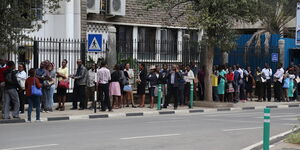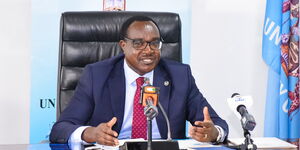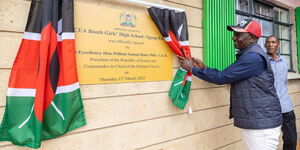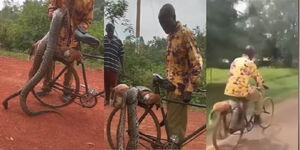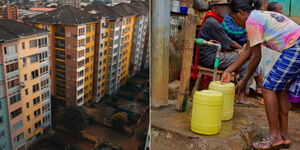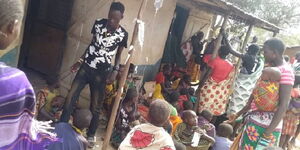The National Kenya Population and Housing Census is set to take place on the night of August 24 to 31 as announced by the Kenya National Bureau of Statistics (KNBS).
A population census is a process of enumerating all people within the boundaries of a country at a specified time.
The process involves collecting, compiling, evaluating, analysing, and publishing demographic, social, and/or economic data.
During the exercise, the officials are strategically looking for information and here are the questions to expect.
1. One's age, sex, marital status.
2. The births and deaths in a family.
3. Migrations if any. One may be asked some questions about members who have migrated to other countries since 2004.
4. The forms and severity of difficulties in performing daily life activities. These could also be the number of persons with disabilities, with the main focus on visual, hearing, speech and language, physical and mental impairments.
5. One's educational attainment. This will also involve the population attending school at different levels; pre-primary, primary, secondary and tertiary learning institutions (colleges, universities, TVETS).
6. The labour force particulars.
7. Any access and ownership of ICT equipment and services.
8. Crop farming: In the case of farmers, the type of crops they farm, whether large or small scale.
9. Livestock and aquaculture: In terms of livestock population, the information required here may include: Numbers of exotic cattle, indigenous cattle, sheep, goats, camels etc.
On the other hand, aquaculture involves the rearing of aquatic animals e.g fish or the cultivation of aquatic plants for food.
10. Housing characteristics, and ownership of assets. These involve the status of one's house in terms of electrical appliances acquired etc as well as one's possessions eg parcels of land, cars etc.
11. Ethnic affiliation; Numbers of persons per tribe. Information about tribe/ethnicity and nationality is important due to its statistical and cultural value.
The information that will be generated from the census exercise will help with planning, budgeting, and programming for important services, future policy formation as well as resource allocation across counties and the national government.
KNBS also assured Kenyans that the information collected by the census officials will be kept confidential

